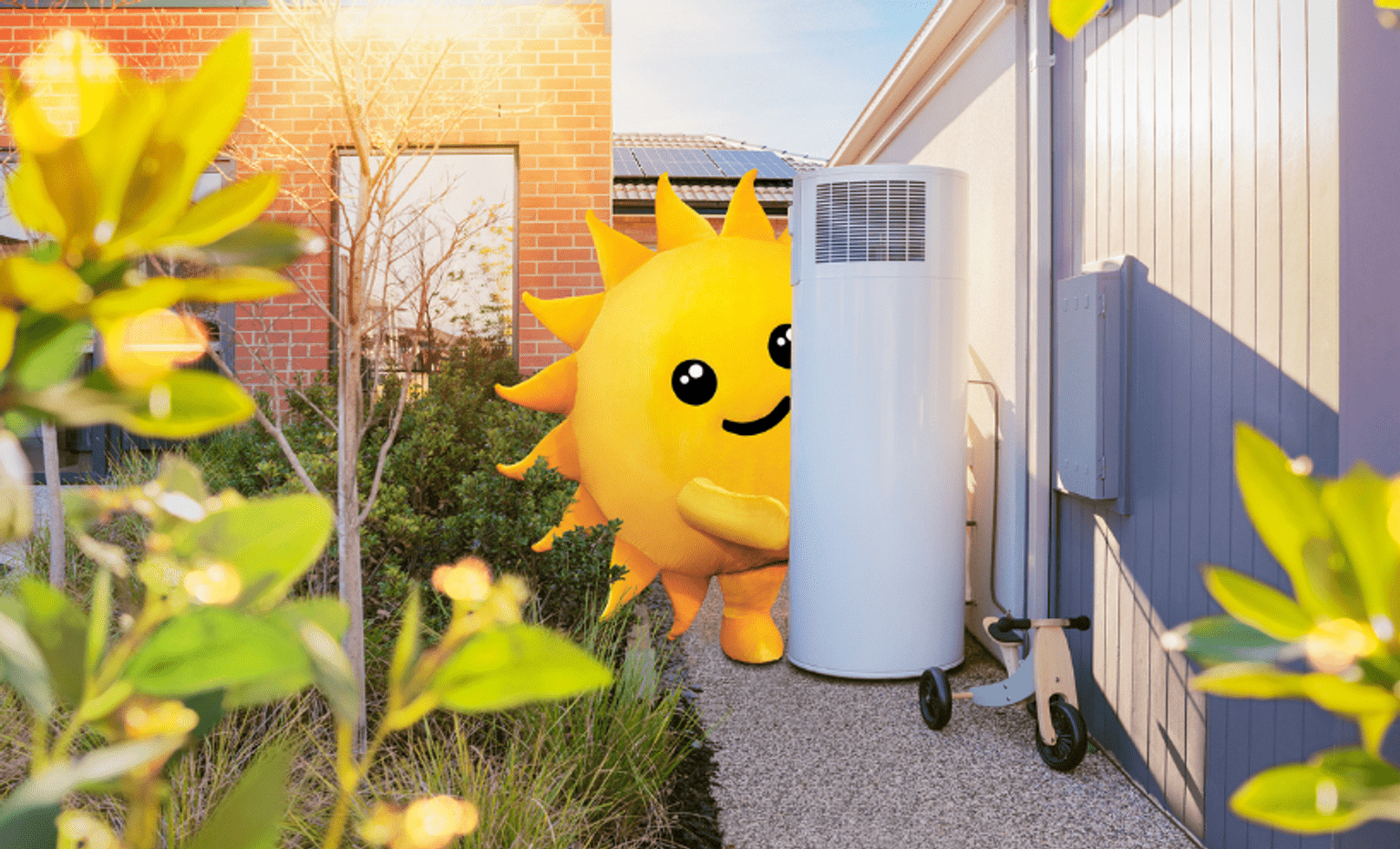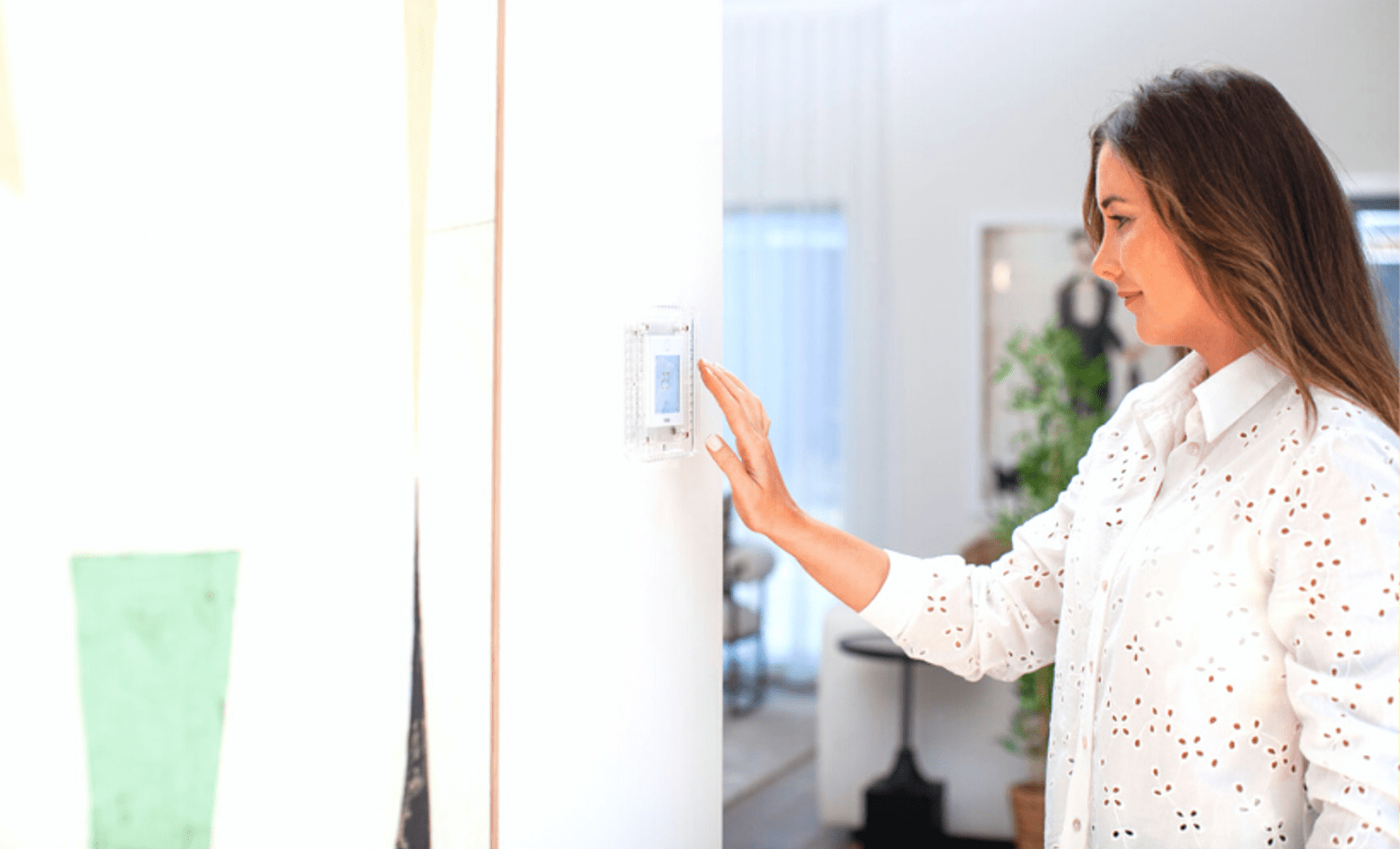Heating water is energy-intensive, accounting for more than 20% of the average home’s household energy use. While replacing a hot water system was once a simple choice between gas and electric options, now, there are ultra energy-efficient heat pumps to consider also.
Read on to find out about the pros and cons of the non-gas alternatives, and have your questions answered.
First things first: How do you know it’s time to upgrade your hot water system?
Typically, hot water systems last between 8-10 years. You can check the age of your system by looking at the manufacturer’s sticker, normally located on the upper portion of the unit.
It’s best to be mindful of the date and replace it pre-emptively – rather than when it’s too late.
It’s also important to remember that you don’t have to replace your system with the same one that you had before. You can replace a gas system with a more efficient heat pump, and it’s worthwhile to take the time to do your research before your current system needs replacing.
After all, no one wants to be dealing with cold water for days on end because their system has stopped working! Now, let’s jump into the best options for replacing your hot water system.
Solar hot water: Lowest running costs and supreme for the planet
Looking to reduce your water heating costs and carbon emissions? Solar hot water could be a winner.
These systems rely on the sun as a free and natural energy source to heat water. In Victoria, most solar hot water systems rely on an electric booster system to step in during times of year when sunshine isn’t sufficient to heat your water alone.
An electric booster is normally installed inside the water storage tank. Most electric booster units come with a switchboard which provides you with manual control. Ideally, you should defer to your booster system to operate during off-peak electricity tariff times, so it heats up with the cheapest power.
Electric heat pumps: Highly efficient and flexible
Heat pump water heaters have become the leading choice in energy-efficient electric systems in recent years. In comparison to conventional electric water heaters, these systems are a lot more efficient, using 60 to 75% less electricity.
Air conditioners and refrigerators are two common forms of heat pumps that you might be familiar with. They work by moving or ‘pumping’ heat from one medium to another. For example, your fridge extracts heat from its freezer section and pumps warm air out the back.
A heat pump hot water system includes a heat pump unit, like the outdoor unit for a split-system air conditioner, and a storage tank. The heat pump extracts heat from the air and pumps it into the water storage tank. Good heat pumps can do this effectively even in freezing weather.
Watch the video below to learn more about how heat pump systems work.
So who are these systems best for?
Heat pumps are great for households that want to switch away from gas or reduce their energy consumption for heating water, and don’t have the roof space needed for solar. Depending on your circumstances it could makes sense to install a heat pump when it’s time to replace an old hot water system.
While there is an upfront cost to installing a heat pump, they cost substantially less to run over the long term. Plus, you can apply for a rebate of up to $1,000 to install an energy efficient heat pump system. See if you’re eligible.

Hot water rebate
Hot water rebates of up to $1,000 are available for eligible heat pump and solar hot water products. If you select a locally made product, you could be eligible for a rebate of up to $1,400.
Ready to tap into savings?
At first it may seem expensive to install a heat pump or solar hot water system, but you must remember that they cost substantially less to run over the long term.
Households who replace a gas hot water system with a quality heat pump hot water system can save around $400 a year. Plus, you may be eligible for a rebate of up to $1000 from Solar Victoria to help you get started, or up to $1,400 if you choose an eligible locally made hot water product.
Cut costs by making your entire home electric
We're helping Victorians save more money on bills and lower their carbon footprint by going all-electric. To help you make the switch, check out this handy guide.
Updated




